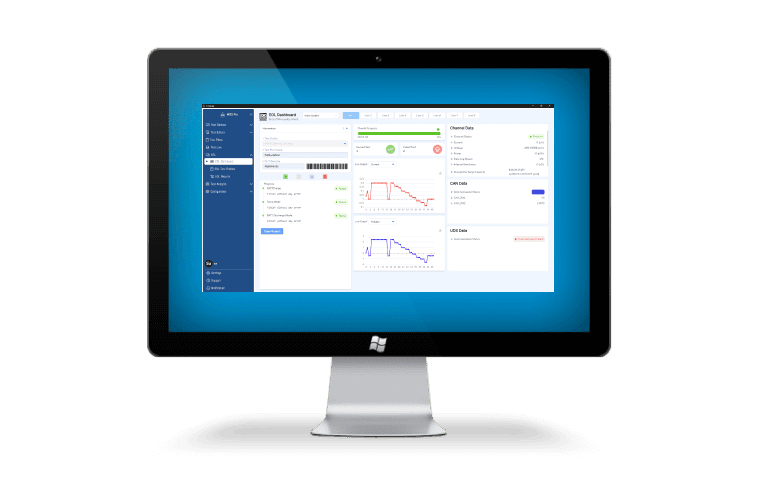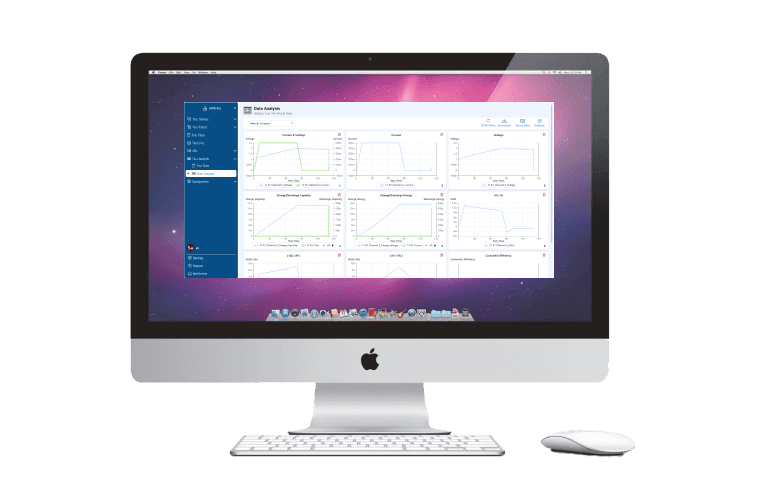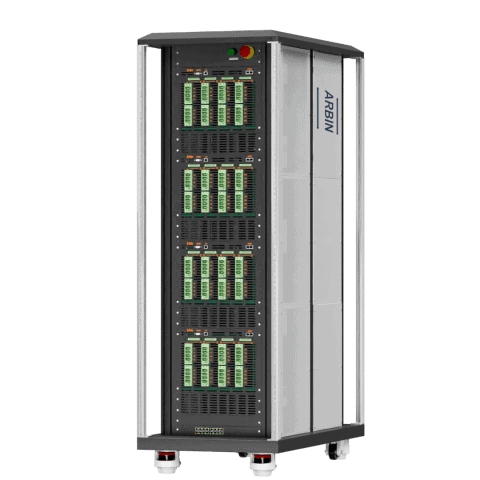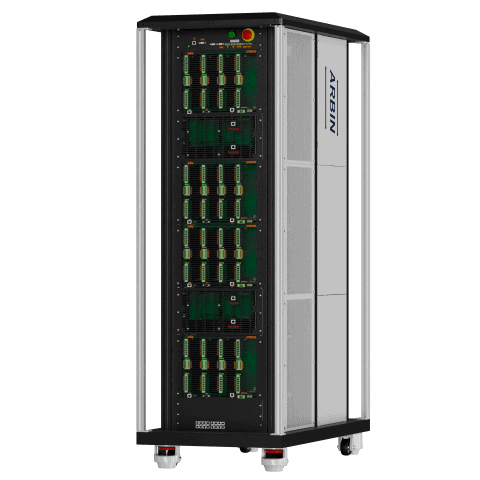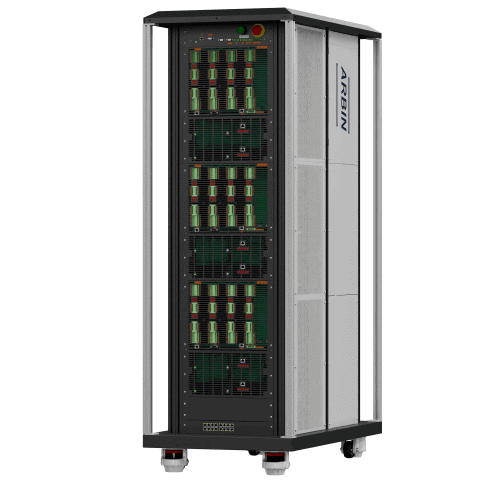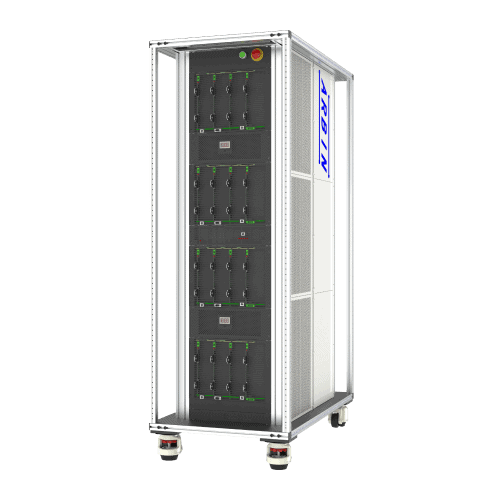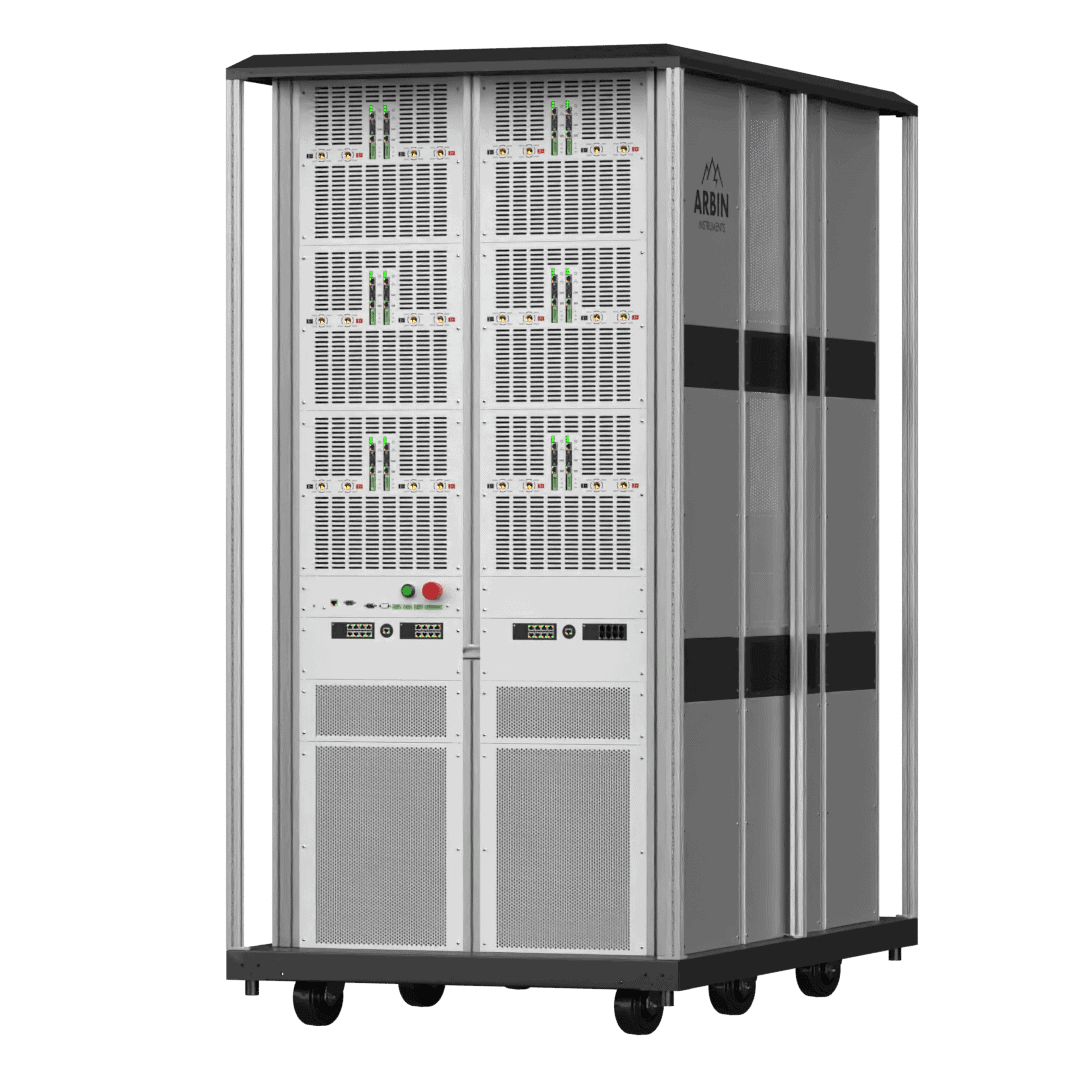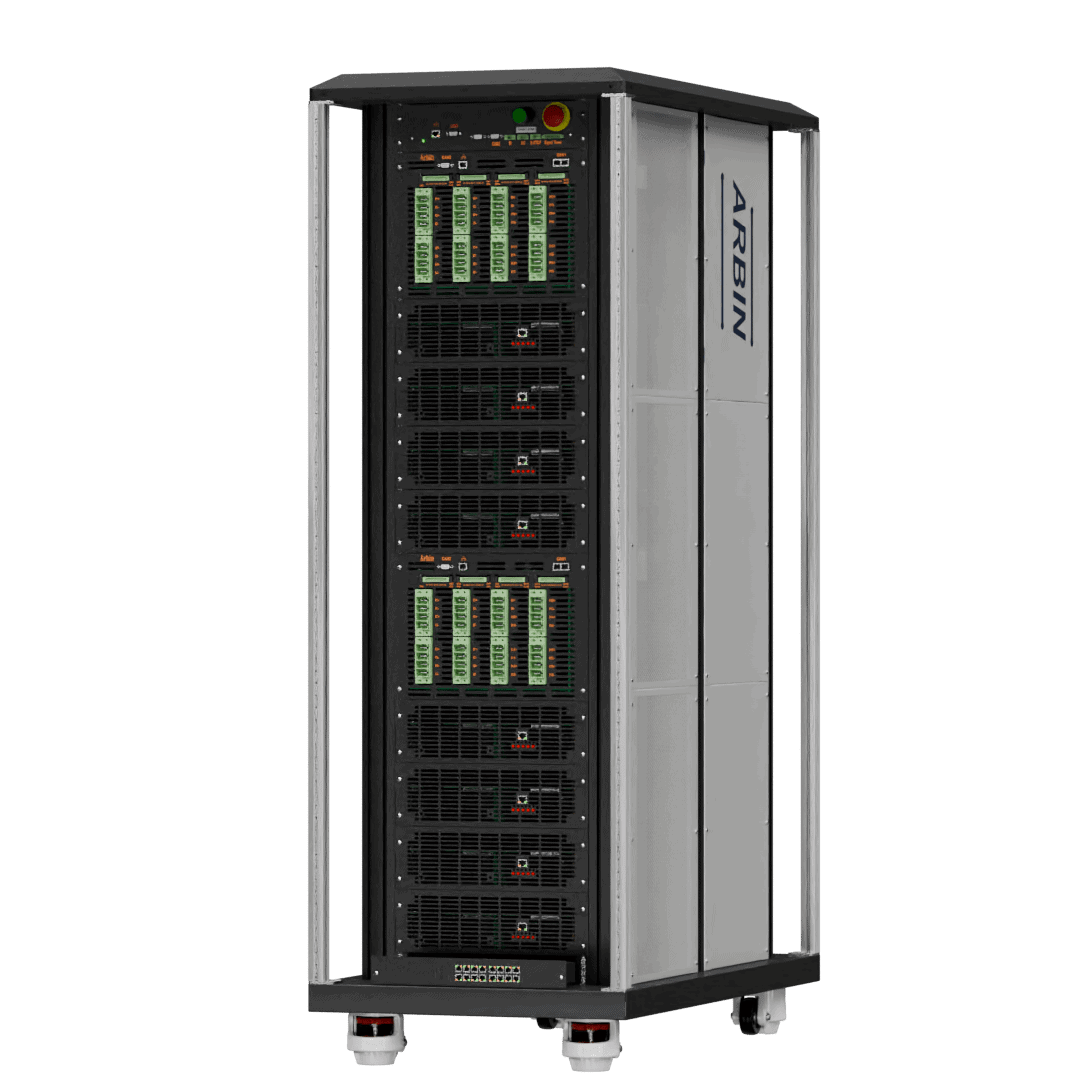MITS for Linux
This upgraded version of MITS is designed to meet the evolving needs of modern engineering environments, providing a secure, scalable, and efficient platform for managing complex operations.
Our Linux distribution for the MITS Software provides robust and flexible battery testing on Linux. It provides full features, with same testing workflow as other platforms.
Highlights
- Firmware upgrade/downgrade management.
- Easy hardware onboarding and configuration.
- Powerful, flexible test controlling language.
- Monitoring your test in real-time.
- In-depth analyzing your DUT with reliable, comprehensive attributes, charts.
- Streamline your End-of-Line tests.
- Easily install on Linux, access anywhere using web browser.
系统 规格
Recommended 32GB RAM

Advanced Application Features
Centralized Infrastructure
Unified platform for synchronized management, data storage, and control of multiple battery testing stations.
Distributed Infrastructure
Distributed testing infrastructure for scalable and flexible battery testing.
Standalone Station
Independent setup for localized battery testing with integrated data management and analysis capabilities.
APIs integration
Flexible APIs for easy integration and automation of battery testing processes across platforms.

Cloud Integration
Effortless connectivity to cloud platforms for secure data storage, backup, and real-time access.
Auxiliaries and Optional Accessories
Available to Enhance Testing
Multi-Zone Temperature Chamber(MZTC)
Arbin's MZTC provides up to 8 fully independent mini temperature chamber for cell testing.
Auxiliary System
Arbin offers a full complement of auxiliary modules to address further testing requirements.
电池测试 综合解决方案
CC - Constant Current
The Constant Current (CC) control mode is designed to deliver a steady current to the battery based on the specified value. This mode is crucial in scenarios where maintaining a steady current is necessary, such as during charge or discharge cycles.
The polarity of the current determines the operation mode: a positive current corresponds to charging, while a negative current corresponds to discharging.
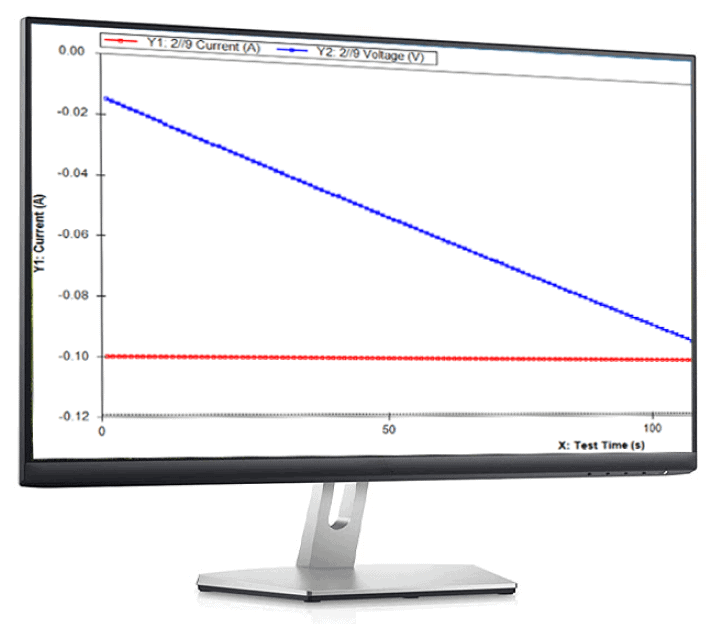
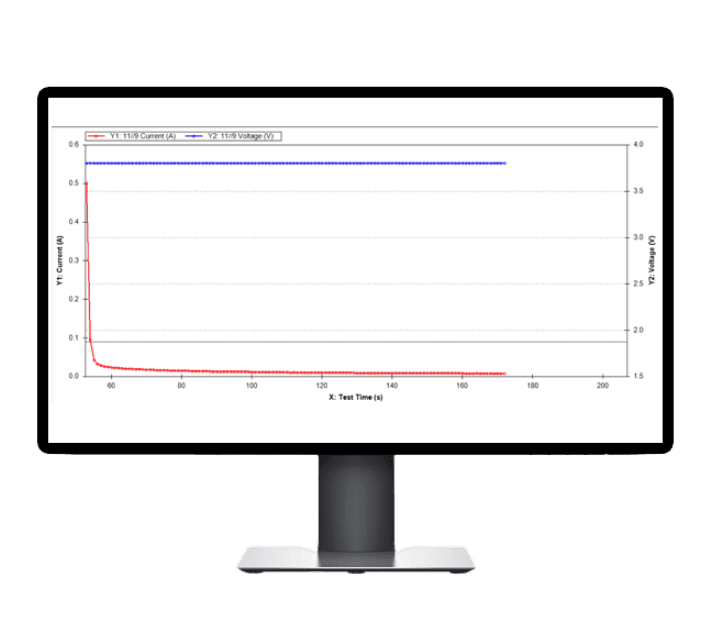
CV - Constant Voltage
The Constant Voltage (CV) control mode regulates the voltage output to the battery according to the set value. This mode is essential for applications where voltage stability is critical, ensuring the battery operates within safe voltage limits.
The CV mode is particularly useful in the latter stages of charging, where it ensures that the battery reaches and maintains the desired voltage level without exceeding it, thus protecting the battery's longevity and performance.
CCCV - Constant Current & Constant Voltage
The Constant Current-Constant Voltage (CCCV) control mode facilitates an integrated charging process, where the battery is initially charged under a Constant Current (CC) regime until a predefined voltage threshold is reached. Upon reaching this threshold, the system seamlessly transitions to a Constant Voltage (CV) mode, where the current gradually decreases as the battery approaches full charge.
You can specify both the current (CC) and voltage (CV) parameters in a single step. This mode ensures both efficient charging and the prevention of overcharging, with termination criteria based on either time or a minimum current threshold.
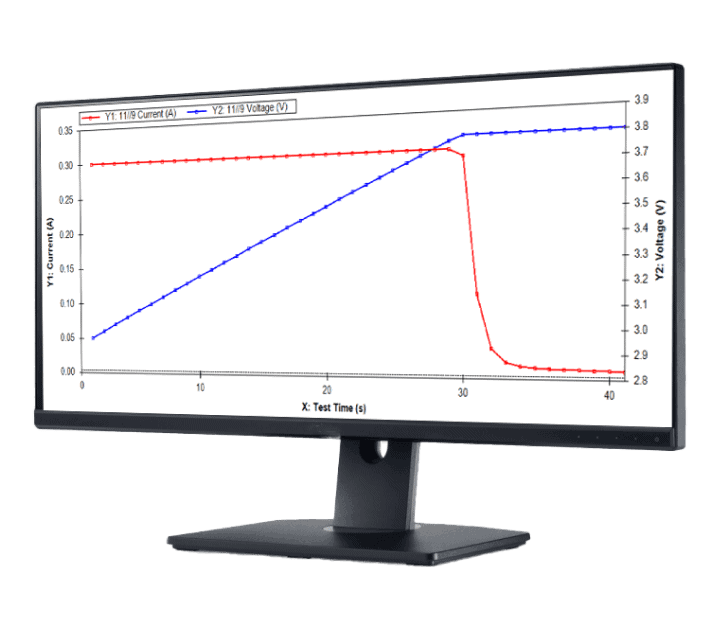
应用 Configurations
The standalone testing setup offers a self-sufficient solution for battery evaluations. Equipped with all necessary hardware and software, it ensures accurate data collection and analysis, making it ideal for labs and field environments without relying on external systems.
The decentralized testing infrastructure provides a scalable solution for battery testing across multiple locations. Each site operates independently yet remains interconnected, allowing for robust data synchronization, load balancing, and enhanced redundancy to maximize efficiency and reliability.
Testing as a Service (TaaS) delivers an all-inclusive solution for battery evaluation and data analysis. Leveraging advanced infrastructure, clients can access top-tier testing capabilities on demand, ensuring accurate results and streamlined processes without the need for dedicated in-house resources.
支持 Databases
MSSQL Server
Reliably store your test data in local MSSQL Server. Remote servers are also supported as well.
PostgreSQL Server
Reliably store your test data in local PostgreSQL. Remote servers are also supported as well.
Integration Client 综合解决方案

Web APIs
Support for Web APIs allows for easy integration with existing systems, enabling efficient automation of quality assurance processes.

C# Client
Integrate functionalities directly into .NET applications with our C# Client, leveraging C#'s power for reliable connectivity and enhanced workflows.

Python Client
A Wrapper library around our C# Client. Integrate functionalities into your Python automation pipeline, leveraging Python's power for highly customized workflows.
Related Testing Software Solutions
Cross Platform MITS (web)
Mits Cross Platform is our new Web-based project that aims to replace Windaq, Console, Datawatcher. You can use any web browser you like to access the application.
MITS for Windows
Our Windows distribution for the MITS Software has seamless integration and performance on Windows. It provides full features, with same testing workflow as other platforms.
MITS for MacOS
Our Mac distribution for the MITS Software is optimized for Mac OS with smooth operation and efficiency. It provides full features, with same testing workflow as other platforms.
Related Battery Testing Solutions
RBT4-Cell
High current cell testing solutions utilizing Arbin's regenerative technology for efficient and reliable testing.
LBTS-Cell
Arbin's next generation of high-precision solutions for a full range of cell testing applications.
LBTS-Cell High Volume
The perfect solution for high-volume testing. Ideal for incoming quality control and large-scale testing.
LBTS Module Series
The LBTS-Module is equipped with Arbin's advanced technology, high precision, suitable for all purpose module testing.
RBT3-High Power
Arbin's highest power tester, offering superior energy efficiency, is ideal for heavy-duty testing.
RBT4 Module & Pack Series
The RBT system's two current ranges per channel ensure high power density and efficiency, while its regenerative circuitry returns power to the grid, making it economical for testing.



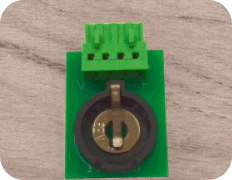
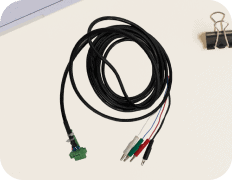











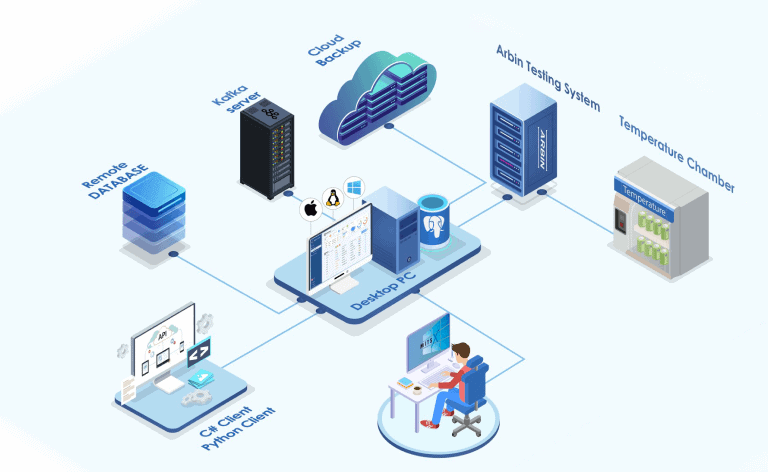


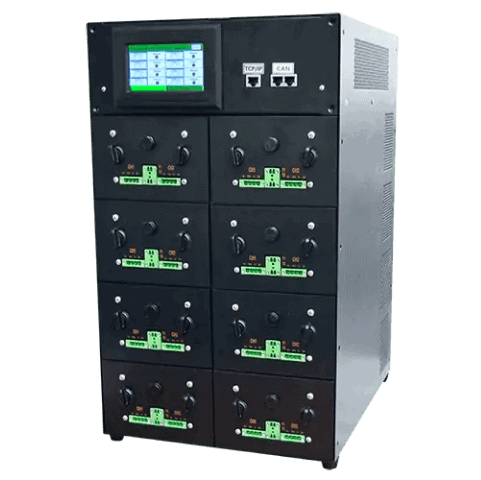
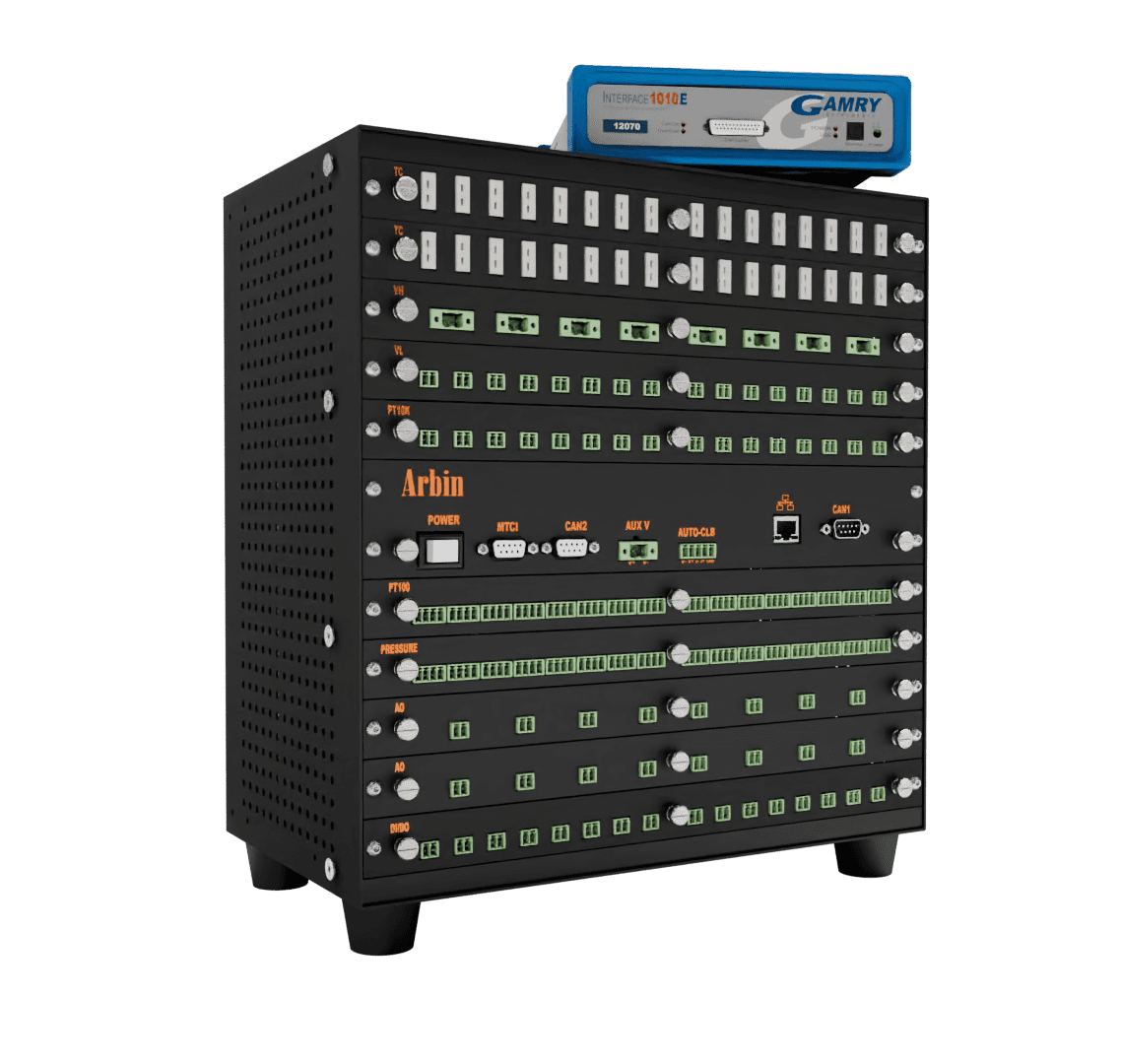
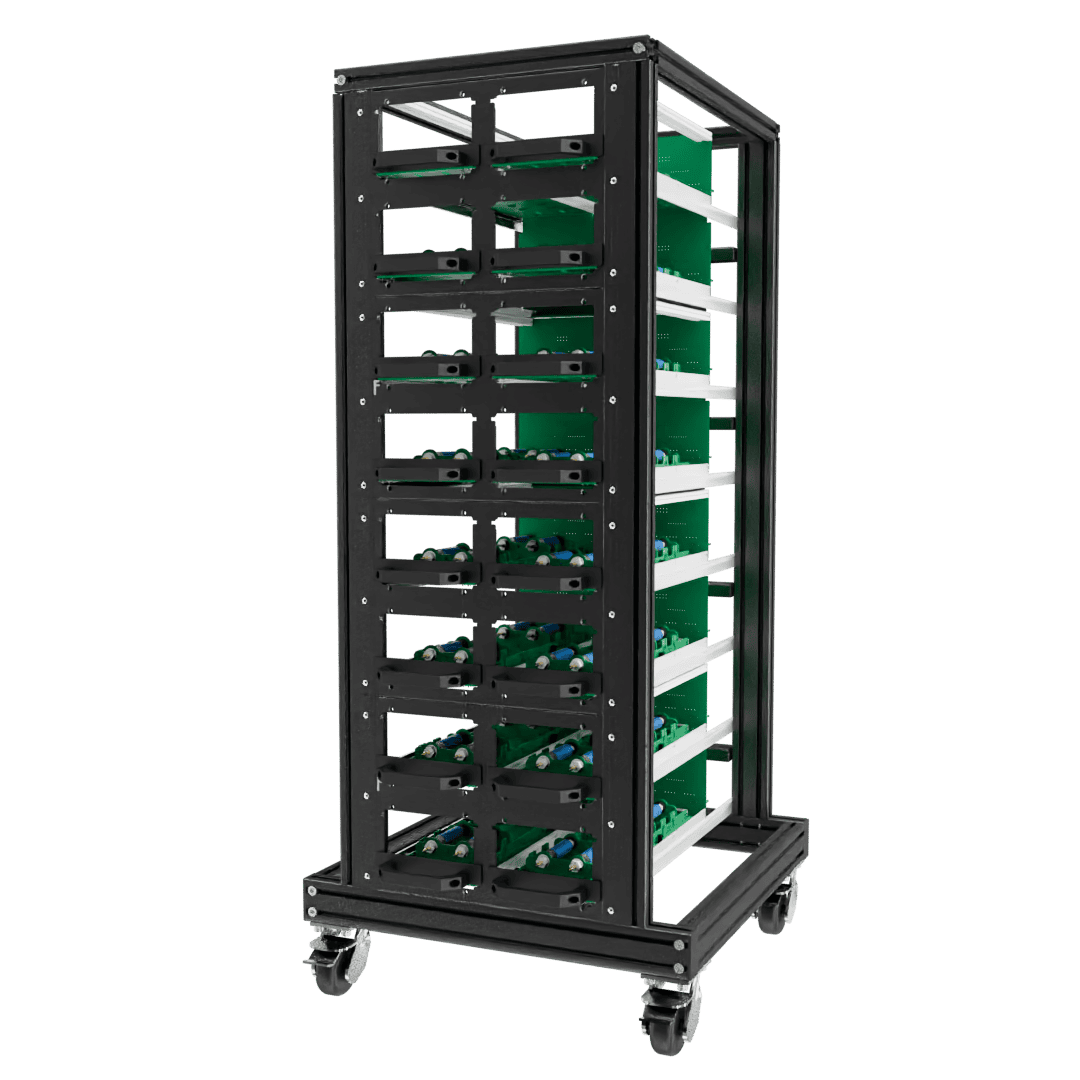
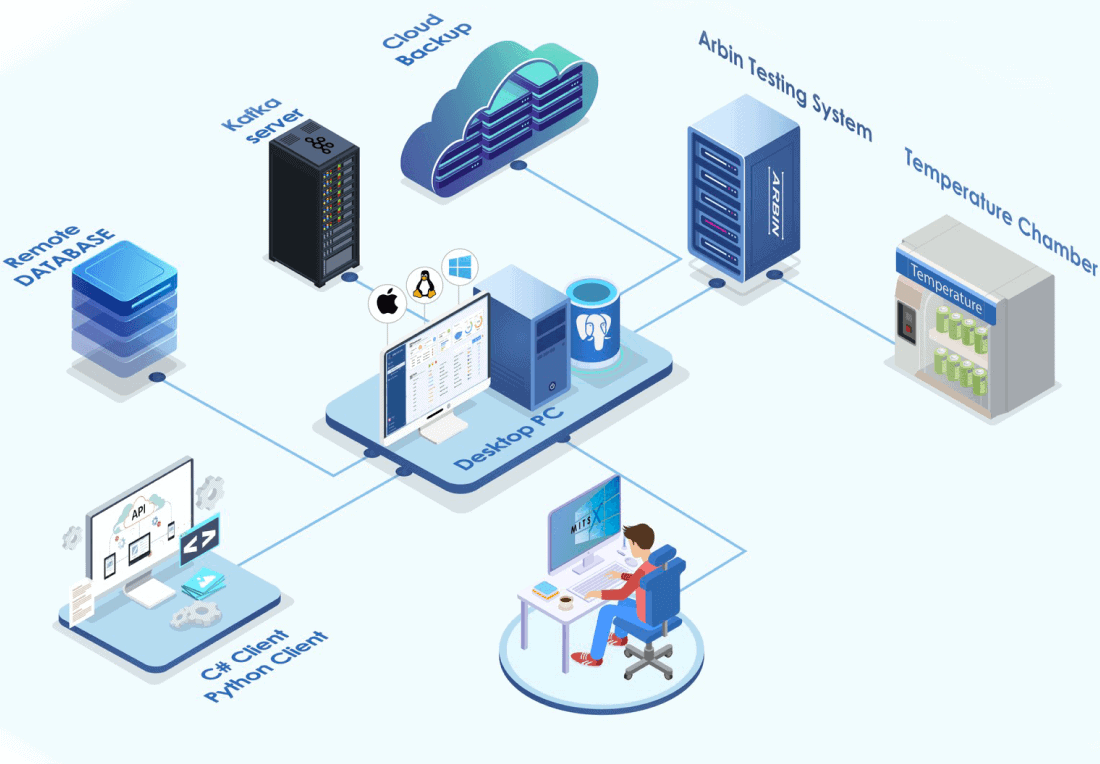
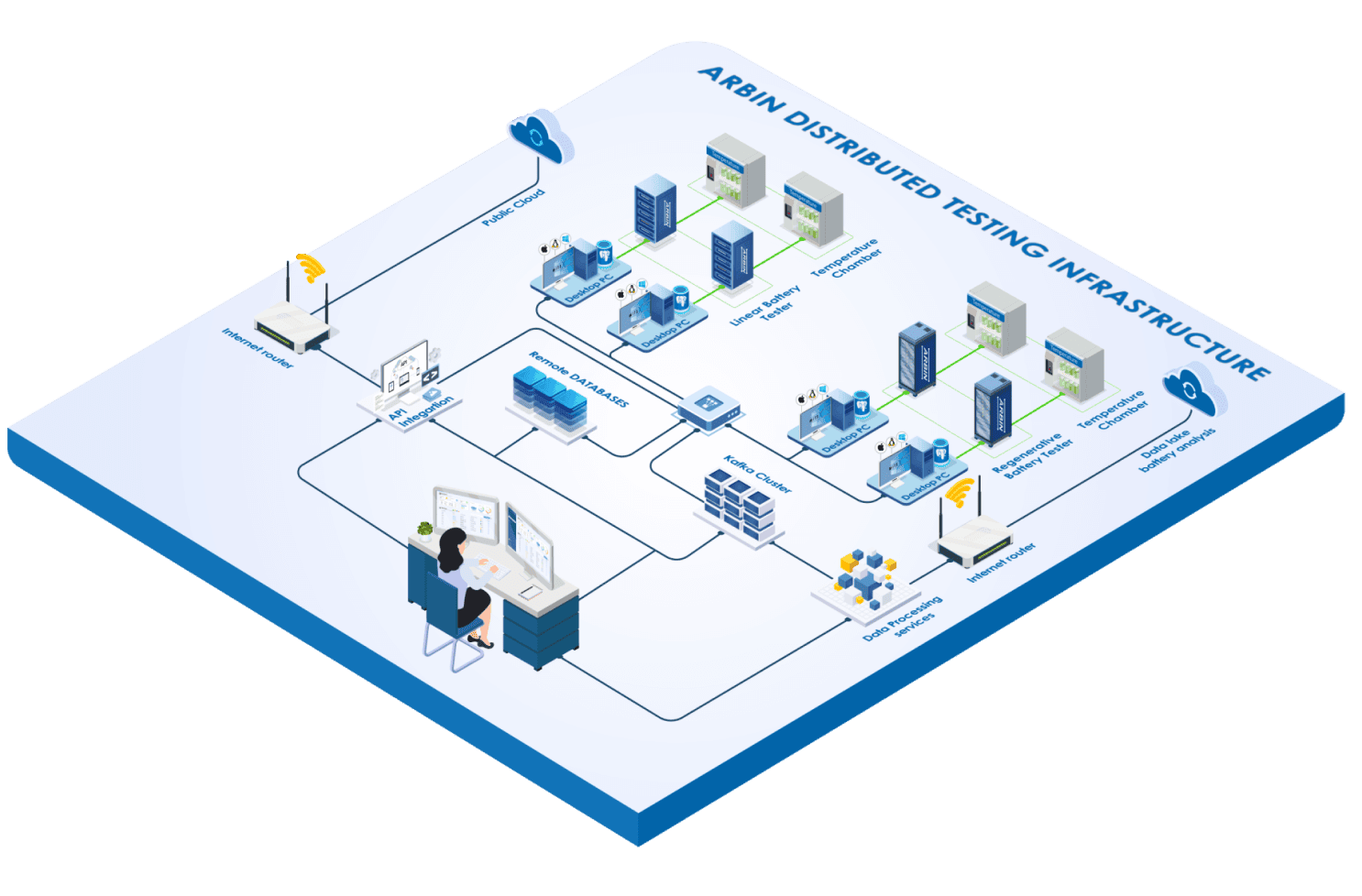
![ARBIN-Testing as a service [TAAS] ARBIN-Testing as a service [TAAS]](https://dev.arbin.com/wp-content/uploads/2024/09/ARBIN-Testing-as-a-service-TAAS.png)




